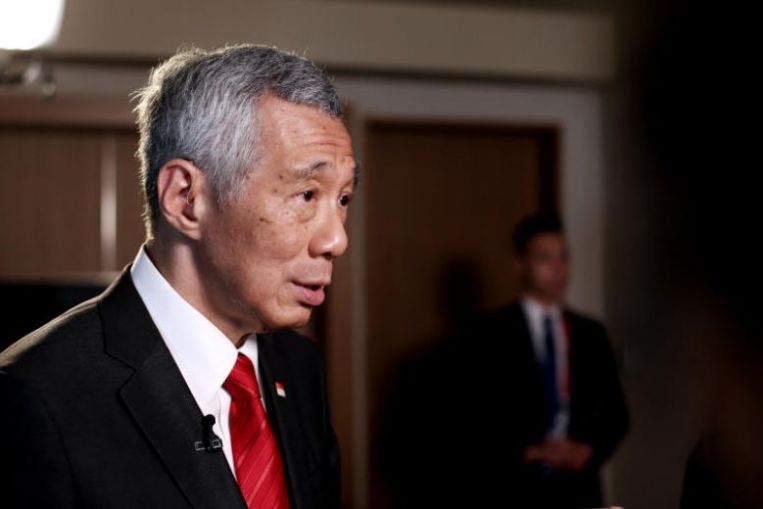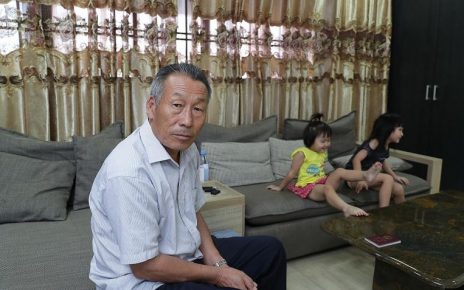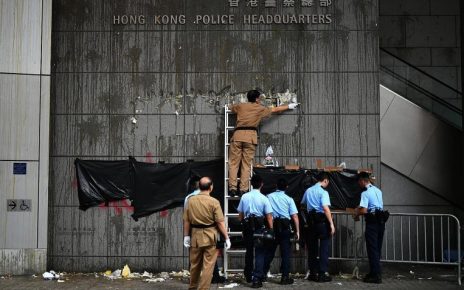
Even as Singapore works with like-minded countries to uphold the multilateral trading system, Singaporeans must be “psychologically prepared” for the uncertainties to come, said Prime Minister Lee Hsien Loong yesterday.
Warning that there will be “many twists and turns, ups and downs” in the global climate, he added that Singapore must make sure its internal strength is maintained and increased to overcome any challenges which may arise.
This means training Singaporeans, upgrading their skills, working together as one country and being prepared for uncertainties, he said.
“There will be many twists and turns, ups and downs. Every now and again, new alarms,” Mr Lee told Singapore reporters at the end of the Group of 20 (G-20) Leaders’ Summit in Osaka.
“You have great relief when disaster is averted. After some time, further twists and turns will emerge and we must be psychologically prepared for that, and guard ourselves to go through this period of uncertainty.”
On the external front, it is vital for Singapore to work with like-minded countries, Mr Lee said. These include neighbours within Asean and farther afield such as Japan, as well as other small countries facing similar challenges, “so as to be able to make common cause and have our voice heard”.
Mr Lee also said Singapore must work in multilateral forums, building them up and pushing for reform where needed to strengthen them, so as to have a rules-based order as best as possible.
In a Facebook post yesterday, Deputy PM and Finance Minister Heng Swee Keat, who is part of the Singapore delegation in Osaka, said that multilateral platforms like the G-20 “are important to bring partners together and ensure a rules-based international order, to help settle disagreements between countries in accordance with international norms”.
In his interview, Mr Lee underscored the importance of promoting free trade, referring to the recently signed European Union-Singapore Free Trade Agreement, as well as the work being done on the 16-member Regional Comprehensive Economic Partnership and the Digital Economy Partnership Agreement (Depa) between Chile, New Zealand and Singapore.
He noted that Japan launched the Osaka Track framework at the summit, which takes a similar approach to the Depa in that it aims to formulate rules on digital governance.
“There will be multiple tracks, but we contribute our two cents’ worth and we hope that we can push things in a constructive way,” he said.
When asked for his thoughts on the outcome of the G-20 Summit, Mr Lee said it was worrying that leaders were unable to make “significant forward progress”, and that positions have hardened since last year’s summit in Argentina.
Four or five years ago, he said, differences of opinion were typically found between the developed and the developing world.
“You can understand the developing countries – Brazil, India, South Africa, for example – having one set of views and a different perspective, compared to the developed countries,” he said.
“Now, the divisions are even within the developed countries. America, to a large extent, has gone its own way; but the other countries, as well, are not at one on many issues.”
However, he acknowledged that although a few countries had reservations about the multilateral trading system, many leaders spoke up in favour of strengthening the World Trade Organisation.
“That is helpful. There is not enough to push us over the finish line, but at least it is pushing in the right direction.”
Asked for his thoughts on yesterday’s meeting between United States President Donald Trump and Chinese President Xi Jinping, Mr Lee said he was happy that they had restarted discussions.
But he cautioned that restarting discussions is “just the first step”.
“I do not have any information on what was spoken at the meeting – whether there is a deep exchange of mutual concerns and therefore a fundamental meeting of minds; or whether this is just both sides wanting to just test a little bit further and see whether we can work something out, without engaging on the fundamental issues.”



